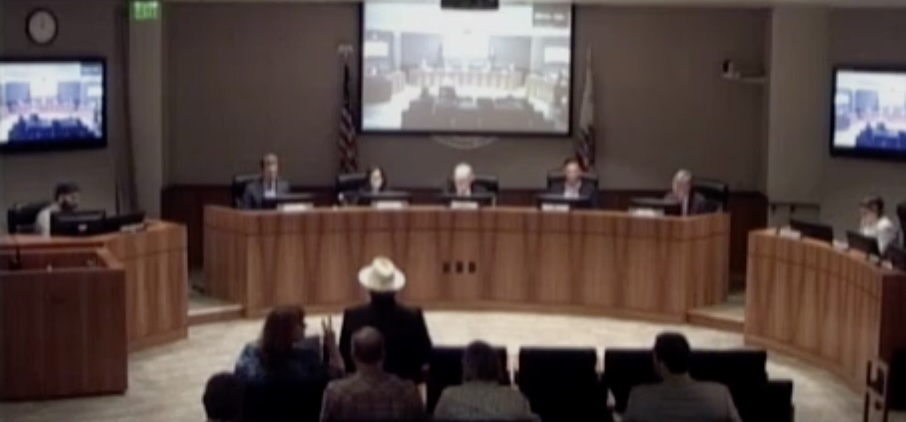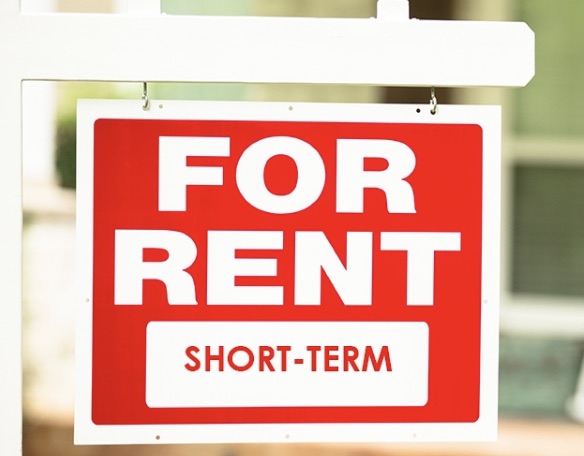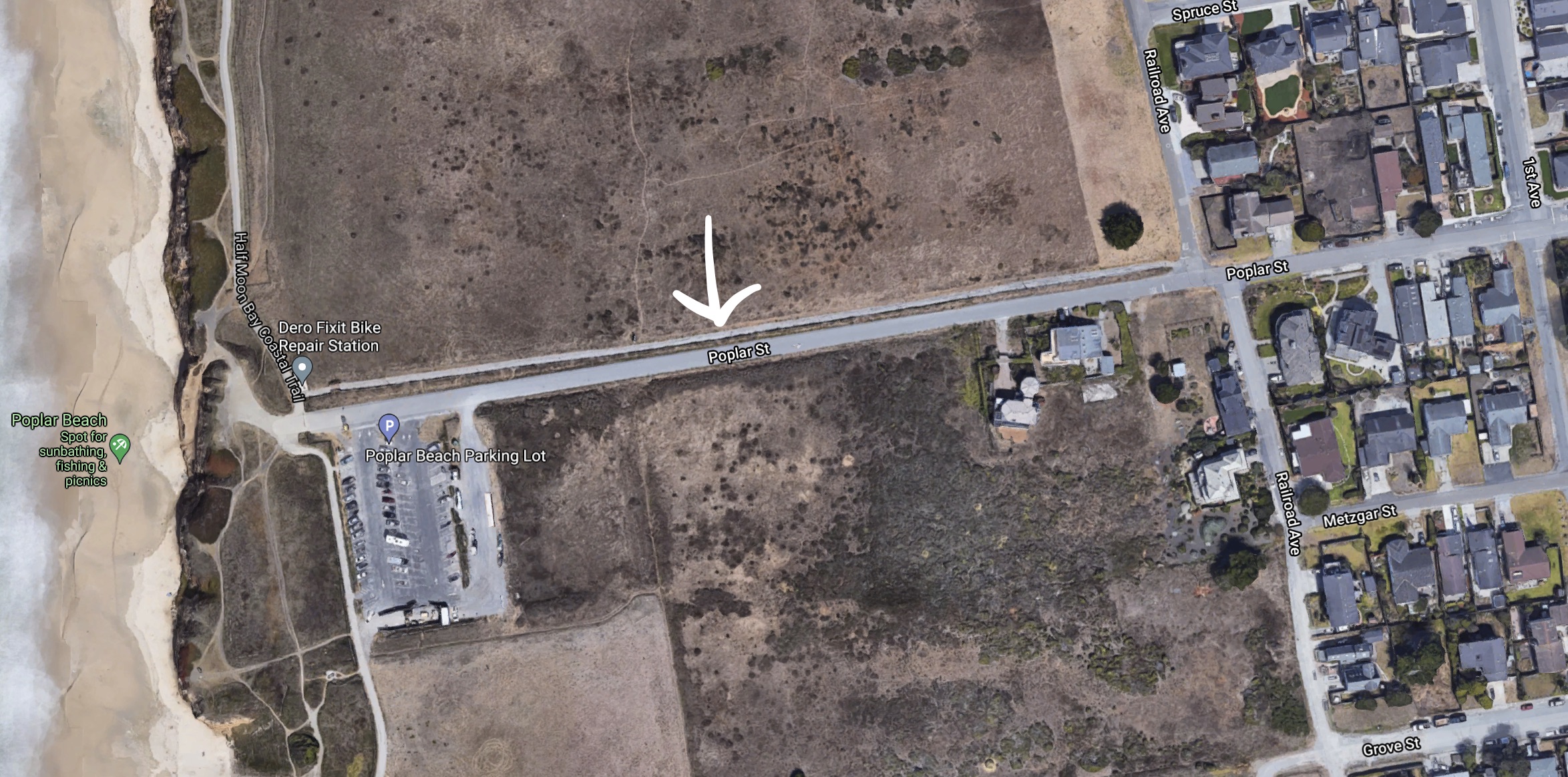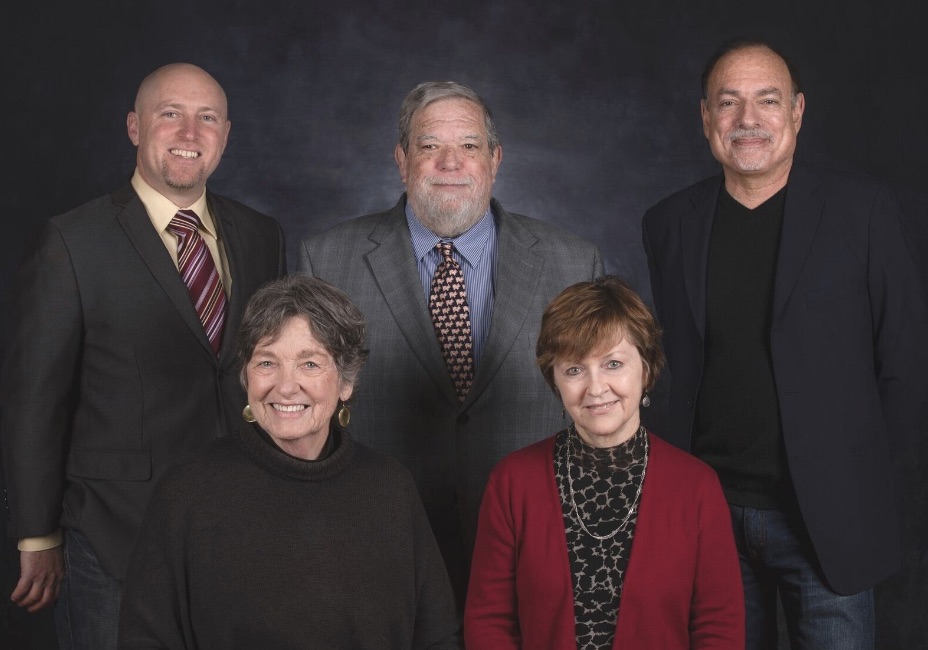|
Getting your Trinity Audio player ready...
|
VIDEO. From the San Mateo County Board of Supervisors Special Meeting on Tuesday, July 22nd, 2024 at 1:00pm as a hybrid meeting. SMCo Supervisor’s Board agendas.
Click for 7/22/2024 Video
Agenda Item #2 Starts at 15:27
The item was moved to an Aug. 6, 2024, meeting. A subcommittee was created with Supervisor Corzo and Supervisor Mueller to work on the ballot language. The Board of Supervisors asked the County Executive to send letters to city managers to get their opinions on the ballot measure. See Regular Agenda, Item No. 2, for more information.
Staff Report for Agenda Item #2
To: Honorable Board of Supervisors
From: Michael Callagy, County Executive
Subject: Resolution Calling for an Article 34 Election
RECOMMENDATION
Adopt a resolution:
A) Calling and providing for an election to submit to the voters of San Mateo County a ballot measure pursuant to Article XXXIV of the California Constitution authorizing public agencies in San Mateo County to annually develop, construct, or acquire housing units for low income persons, including for families, seniors, people with disabilities, and veterans, in the unincorporated and incorporated areas of San Mateo County, up to, collectively, 1% of the total housing units existing in San Mateo County, with any unused units carrying over for use in subsequent years; and
B) Requesting that the election be consolidated with the November 5, 2024 general election.
BACKGROUND
Article XXXIV, Section 1, of the California Constitution (Article 34), adopted by California voters in 1950, imposes a voter approval requirement for certain affordable housing projects, unless an exception applies. Article 34 provides, in pertinent part, that no “low-rent housing project” shall be “developed, constructed, or acquired” by any “state public body” without first putting the project to a vote of the qualified electorate.
As defined in Article 34, a “low-rent housing project” means “any development composed of urban or rural dwellings, apartments or other living accommodations for persons of low income, financed in whole or in part” with public funds. “Persons of low income” means “persons or families who lack the amount of income which is necessary…to enable them, without financial assistance, to live in decent, safe and sanitary dwellings, without overcrowding.” Further, “state public body” means the “State or any city, city and county, county, district, authority, agency, or any other subdivision or public body of this State.
Since the adoption of Article 34, numerous public agencies have sought and received voter approval authorizing a maximum number of low-income housing units to be developed, acquired, or constructed within their jurisdictions. These elections authorize an Article 34 “bank” of housing units that a state public body can draw from when developing affordable housing projects. For example, in 2022, voters in South San Francisco approved a measure allowing the city to develop, construct, or acquire low-rent housing units, up to 1 percent of the total number of existing housing units in the city, for eight years. In the past few years, several counties have held similar Article 34 elections, including Alameda (2016), Humboldt (2020), and Sacramento (2022).
The California Supreme Court has confirmed that such unit banking elections that do not describe particular projects are compliant with Article 34. (Davis v. City of Berkeley (1990) 51 Cal.3d 227.)
San Mateo County does not currently have a countywide Article 34 housing unit bank.
DISCUSSION
The proposed ballot measure, if approved by voters at the November 5, 2024 general election, would provide authorization under Article 34 for the County and any public agency within the County-including cities, school districts, and joint powers authorities such as the Housing Endowment and Regional Trust of San Mateo County (HEART)-to develop, construct and/or acquire affordable rental housing for low-income residents, including for families, seniors, persons with disabilities, and veterans. For purposes of the ballot measure, “public agency” would have the same meaning as “state public body,” as defined in Article 34. The housing units could be developed either in the unincorporated areas of the County or within incorporated cities.
The amount of annual development authorized by this ballot measure would be limited, countywide, to 1 percent of the total existing housing units in the County. Any undeveloped units would roll over to the next year. According to the California Department of Finance, as of January 2024, San Mateo County has approximately 289,782 housing units. Therefore, this ballot measure would allow development of approximately 2,898 affordable housing units in the first year of operation.
Other counties, such as Sacramento County and Humboldt County, have used this percentage approach for their Article 34 unit banks. This measure would not preclude the construction, development or acquisition of additional affordable housing units within the County above the 1% limit for projects authorized by a separate Article 34 vote or not otherwise subject to Article 34.
Obtaining voter approval for an Article 34 unit bank would facilitate efforts by the County and other public agencies within the County to address regional housing needs by developing, constructing, and acquiring affordable housing projects in compliance with Article 34.
These housing needs are significant. In November 2022, the Association of Bay Area Governments (“ABAG”) determined that countywide, including all cities and the unincorporated area of the County, the housing need for the 2023-2031 period is as follows: 12,196 housing units for very low-income persons (including 811 in the unincorporated area); 7,023 housing units for low-income persons (including 468 in the unincorporated area); and 7,937 housing units for moderate income persons (including 433 in the unincorporated area).
The County’s adopted 2023-31 Housing Element (“Housing Element”), which remains under review by the State Department of Housing and Community Development, promotes the production of housing sufficient to meet the current and projected needs of the County’s diverse communities, and specifies goals including, among others to protect existing affordable housing stock, and to support new housing for extremely low to moderate-income households. The housing elements of cities within the County similarly recognize the need for additional affordable housing.
The text of the proposed ballot question is as follows:
Shall a measure be approved authorizing local public agencies in San Mateo County to, without increasing local taxes, develop, construct, or acquire housing units for low income persons, including for families, seniors, persons with disabilities, and veterans, in the unincorporated and incorporated areas of San Mateo County, on an annual basis in an amount of up to 1% of the total housing units existing in San Mateo County, with any unused units carrying over for use in subsequent years?
The ballot measure would pass if it were to receive approval from a majority (i.e., 50% + 1) of eligible voters countywide.
Voter approval of a ballot measure does not constitute a project under the California Environmental Quality Act (“CEQA”). Putting before the voters of the County a measure that would allow local agencies to amass and collect state, federal and private funding to develop, construct, or acquire low-rent housing is also not a project under CEQA because doing so is merely the creation of government funding mechanisms or other government fiscal activities which do not involve any commitment to any specific project which may result in a potentially significant physical impact on the environment within the meaning of 14 Cal. Code Regs. § 15378(b)(4). Environmental and planning review of individual projects allowed by this measure will be undertaken in the manner required by law at the appropriate time. Therefore, pursuant to CEQA Guidelines section 15060, CEQA analysis is not required.
The County Attorney has reviewed the proposed resolution as to form.
FISCAL IMPACT
The County would be required to cover the costs of the election on this ballot measure, which costs will be determined by the Elections Division.
2024 Election
The 2024 Board of Supervisors, from left: Ray Mueller (D3), Noelia Corzo (D2), Warren Slocum (D4, BOS President), David J. Canepa (D5, BOS Vice President) and Dave Pine (D1, outgoing BOS President).








